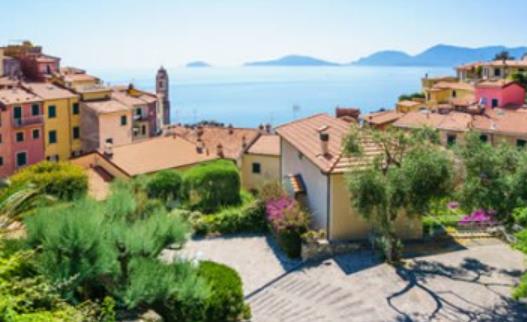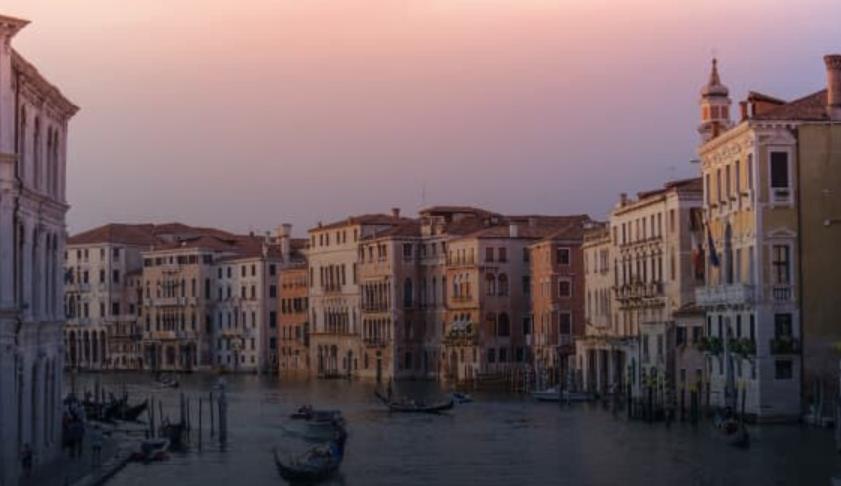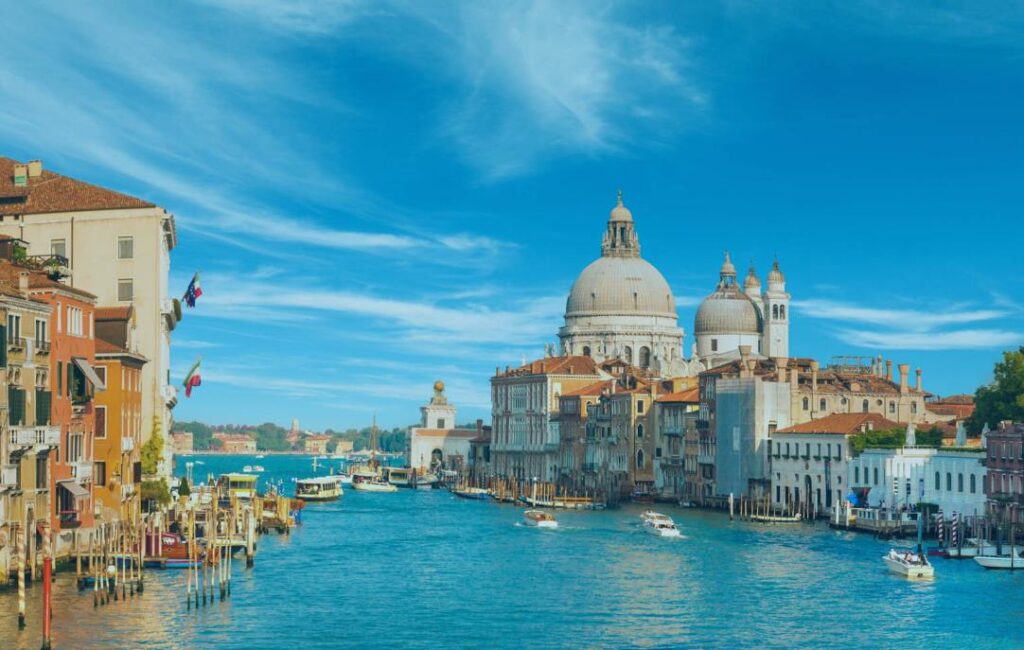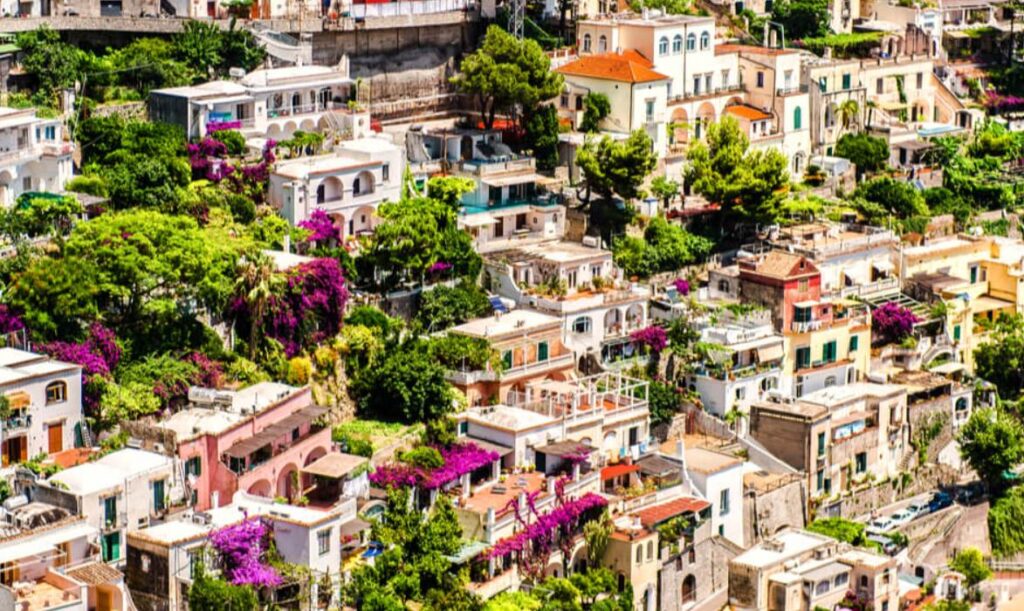Are you looking for Can A Foreigner Get A Mortgage In Italy? Foreigners can indeed secure a mortgage in Italy, although there are specific conditions and requirements to meet. This article will guide you through the intricacies of obtaining a mortgage in Italy as a foreigner, from lending conditions to required documentation.
Key Takeaways
- Foreigners can get a mortgage in Italy.
- Lending conditions vary for EU and non-EU residents.
- A down payment of 40-50% is often required for non-residents.
- A codice fiscale and an Italian bank account are essential.
- Documentation must be translated into Italian.
Can A Foreigner Get A Mortgage In Italy?
Italy is a dream destination for many, offering a rich blend of history, culture, and beautiful landscapes. Getting a mortgage in Italy as a foreigner is entirely possible, but it comes with its own set of rules and regulations.


Lending Conditions
Italian banks are generally strict in their lending practices. However, if you’re an EU or EEA citizen, you’ll face fewer restrictions. Non-resident foreigners must meet unique conditions, such as a treaty of reciprocity between Italy and their home country.
Key Lending Conditions for Non-Residents
- Down Payment: A down payment of 40-50% is generally required.
- Loan-to-Value (LTV): The LTV ratio usually ranges between 50-60%.
- Debt-to-Income Ratio: The maximum DTI ratio is 35%.
Requirements
Before you can even think of owning that Italian villa, you’ll need a codice fiscale and an Italian bank account. The codice fiscale is essentially your tax identification number in Italy, and it’s a prerequisite for opening a bank account.
Steps to Get a Codice Fiscale
- Apply: You can apply either in Italy or through Italian consular authorities in your country.
- Documents: You’ll need your passport and possibly a visa.
- No Fee: There’s no fee for obtaining a codice fiscale.
Documentation
You’ll need to provide a plethora of documents, both general and financial. These documents must be translated into Italian and legally certified.
Essential Documents
- Passport or ID: For identification.
- Proof of Income: To establish your financial stability.
- Bank Statements: Usually for the last 12 months.
Real Estate Market in Italy
Italy offers a diverse real estate market, from the historical cities of Rome and Florence to the scenic Amalfi Coast. Property prices vary significantly between regions, making it essential to research thoroughly before making a decision.
Popular Cities for Property Investment
- Rome: The capital city and a hub for history.
- Milan: Known for its fashion and business centers.
- Florence: A city that offers a blend of art and history.
Mortgage Types in Italy
When it comes to choosing a mortgage type in Italy, you’ll find that variable-rate mortgages are more common. However, fixed-rate mortgages are also available but usually come with a higher initial rate. Variable-rate mortgages can be a good option if you anticipate interest rates to remain stable or decrease in the future.
Fixed vs Variable Rates
Fixed-rate mortgages offer the benefit of predictable monthly payments, which can be a boon for budgeting. On the other hand, variable-rate mortgages offer the potential for lower interest costs over time but come with the risk of fluctuating payments. Your choice will depend on your financial stability and risk tolerance.
The Application Process
Once you’ve gathered all the necessary documents and decided on the type of mortgage, the next step is the application process.
This usually involves a thorough review of your financial situation, including your credit history and current debts. It’s advisable to get pre-approved to speed up the property-buying process.
Pre-Approval Benefits
Getting pre-approved gives you a clear picture of what you can afford, making your property search more focused. It also gives you a negotiating edge with sellers, as it shows you are a serious buyer with financing already in place.
Legal Aspects
Understanding the legal aspects is crucial when buying property in a foreign country. In Italy, once the seller accepts your offer, both parties must draft and sign a purchase proposal. This legally binding document outlines the terms and conditions of the sale.
Importance of Legal Advice
It’s highly recommended to consult with a local real estate attorney throughout this process. They can help you understand the legal jargon and ensure that the contract terms are in your favor.
Additional Costs
Besides the down payment and mortgage payments, there are additional costs to consider. These include notary fees, property taxes, and possibly renovation costs if the property is not in move-in condition.
Budgeting for Additional Costs
It’s wise to budget for these additional costs upfront to avoid any financial strain later. Typically, you can expect these costs to add an additional 10-15% to the overall price of the property.
Mortgage Brokers
If the process seems overwhelming, consider hiring a mortgage broker who specializes in helping foreigners secure mortgages in Italy. They can guide you through the entire process, from choosing the right type of mortgage to finding the best interest rates.
Benefits of Using a Broker
A mortgage broker can save you time and potentially money by comparing various mortgage options on your behalf. They can also assist in the negotiation process, ensuring you get the best terms possible.
How And When To Apply For An Italian Mortgage?
The best time to apply for an Italian mortgage is after you’ve conducted thorough research on the types of mortgages available. You’ll need an Italian bank account and must provide identification and financial documents.
The application process involves choosing a mortgage type, getting a customized quote, and finally receiving a formal offer. After this, you have a seven-day reflection period to make your decision.

Types Of Mortgages And Understanding The Figures
In Italy, you’ll primarily encounter two types of mortgages: fixed-rate and variable-rate. Fixed-rate mortgages offer the benefit of consistent monthly payments, while variable-rate mortgages fluctuate based on economic indices.
There are also hybrid-rate and split-rate mortgages for those seeking more flexibility. Green mortgages are available for energy-efficient properties.

Eligibility Criteria
Eligibility criteria in Italy are stringent, especially for foreigners. You’ll need to prove that your current outgoings don’t exceed 40% of your monthly income. Additionally, your monthly mortgage repayments can’t surpass 30% of your income. These rules are in place to reduce the risk of default.
Additional Costs
When buying property in Italy, you’ll encounter additional costs that can add up to more than 10% of the property’s purchase price. These include estate agent fees, registration tax, and possibly more. It’s crucial to budget for these when considering a mortgage.
Mortgage Terms and Repayments
Mortgage terms in Italy can range from 5 to 30 years. Most people opt for 15- or 20-year terms. Repayment mortgages are the norm, where you pay a portion of the balance and interest every month. If you’re over 70 at the time of loan repayment, you may need a younger family member to act as a guarantor.
What You Need To Provide To Get An Italian Mortgage?
To apply for a mortgage in Italy, you must first open an Italian bank account. The application process requires a series of identification and financial documents.
You’ll need to provide proof of identification, which includes your national ID card, proof of address, and evidence of your right to reside in Italy.

Additionally, you’ll need to furnish proof of income. This could be a statement from your employer, your most recent payslips, and your latest tax return. If you’re self-employed, you’ll need to show proof of registration with the Chamber of Commerce and your most recent income tax returns.
Finally, you’ll also need to provide details about the property you intend to buy, including the preliminary sales contract, floor plan, and proof of current ownership.
Is There A Minimum Mortgage Loan Amount In Italy?
In Italy, lenders usually cap the mortgage loan amount at a maximum of 80% of the property’s value. However, some banks may place stricter borrowing limits on non-residents, limiting them to 50% or 60% of the property’s value.

In rare cases, you might be able to borrow more than 80%, but this would require meeting stricter guidelines, such as providing significant collateral.
Banks also assess your financial stability by ensuring that your current outgoings don’t exceed 40% of your monthly income and that your mortgage repayments won’t exceed 30% of your monthly income.
What Is The Tax On An Italian Mortgage?
When you apply for a mortgage in Italy, you’ll encounter a mortgage tax, which is a significant fee charged as a percentage of the mortgage value. If you’re buying the property as your primary residence, known as “prima casa,” the tax rate is 0.25%.

However, if you’re buying an additional property, perhaps for investment purposes, the tax rate jumps to 2%. Your lending bank will directly withhold this tax. It’s crucial to factor this into your budget as it can significantly impact your overall costs.
Does Mortgage Preapproval Exist In Italy?
In Italy, the concept of mortgage preapproval isn’t as formalized as in some other countries. While you won’t typically receive a formal agreement in principle, lenders must provide you with a European Standardized Information Sheet (ESIS).
This is a customized mortgage quote based on your financial situation, allowing you to get a firm idea of the terms you’ll be offered. This ESIS helps you compare deals more easily and sets the stage for a formal offer.
Should I Use A Mortgage Broker To Obtain An Italian Mortgage?
Using a mortgage broker can be a wise decision, especially if you’re unfamiliar with the Italian mortgage landscape. A broker can offer you independent advice on your mortgage options, although this service comes at a cost.
Brokers have access to a wide range of mortgage products and can help you find a deal that best suits your needs. They can also assist you in navigating the complex paperwork and eligibility criteria, making the mortgage application process smoother.
Conclusion
Getting a mortgage in Italy as a foreigner is not a far-fetched dream but a reality that requires careful planning and understanding of the local laws and regulations. With the right approach and proper documentation, you can own a piece of Italy’s rich cultural heritage.
From understanding the types of mortgages available to navigate the legal aspects and additional costs, being well-informed is key to a smooth transaction.
People Also Ask
What Are the Basic Requirements for a Foreigner?
To get started, you’ll need a codice fiscale, which is an Italian tax identification number. You’ll also need an Italian bank account. These are prerequisites before you can make an offer on a property. Make sure to get these sorted early in the process to avoid delays.
What Types of Mortgages Are Available?
In Italy, variable-rate mortgages are more prevalent, but fixed-rate options are also available. The fixed-rate mortgages usually come with a higher initial rate. Your choice between the two will depend on your financial stability and risk tolerance.
What Are the Legal Steps Involved?
After the seller accepts your offer, both parties must draft and sign a purchase proposal. This is a legally binding document that outlines the terms and conditions of the sale. It’s highly advisable to consult a local real estate attorney throughout this process.
Is It Advisable to Use a Mortgage Broker?
If you find the mortgage process daunting, a mortgage broker specializing in helping foreigners can be invaluable. They can guide you through the entire process, from choosing the right mortgage type to negotiating the best terms.
A multifaceted professional, Muhammad Daim seamlessly blends his expertise as an accountant at a local agency with his prowess in digital marketing. With a keen eye for financial details and a modern approach to online strategies, Daim offers invaluable financial advice rooted in years of experience. His unique combination of skills positions him at the intersection of traditional finance and the evolving digital landscape, making him a sought-after expert in both domains. Whether it’s navigating the intricacies of financial statements or crafting impactful digital marketing campaigns, Daim’s holistic approach ensures that his clients receive comprehensive solutions tailored to their needs.








